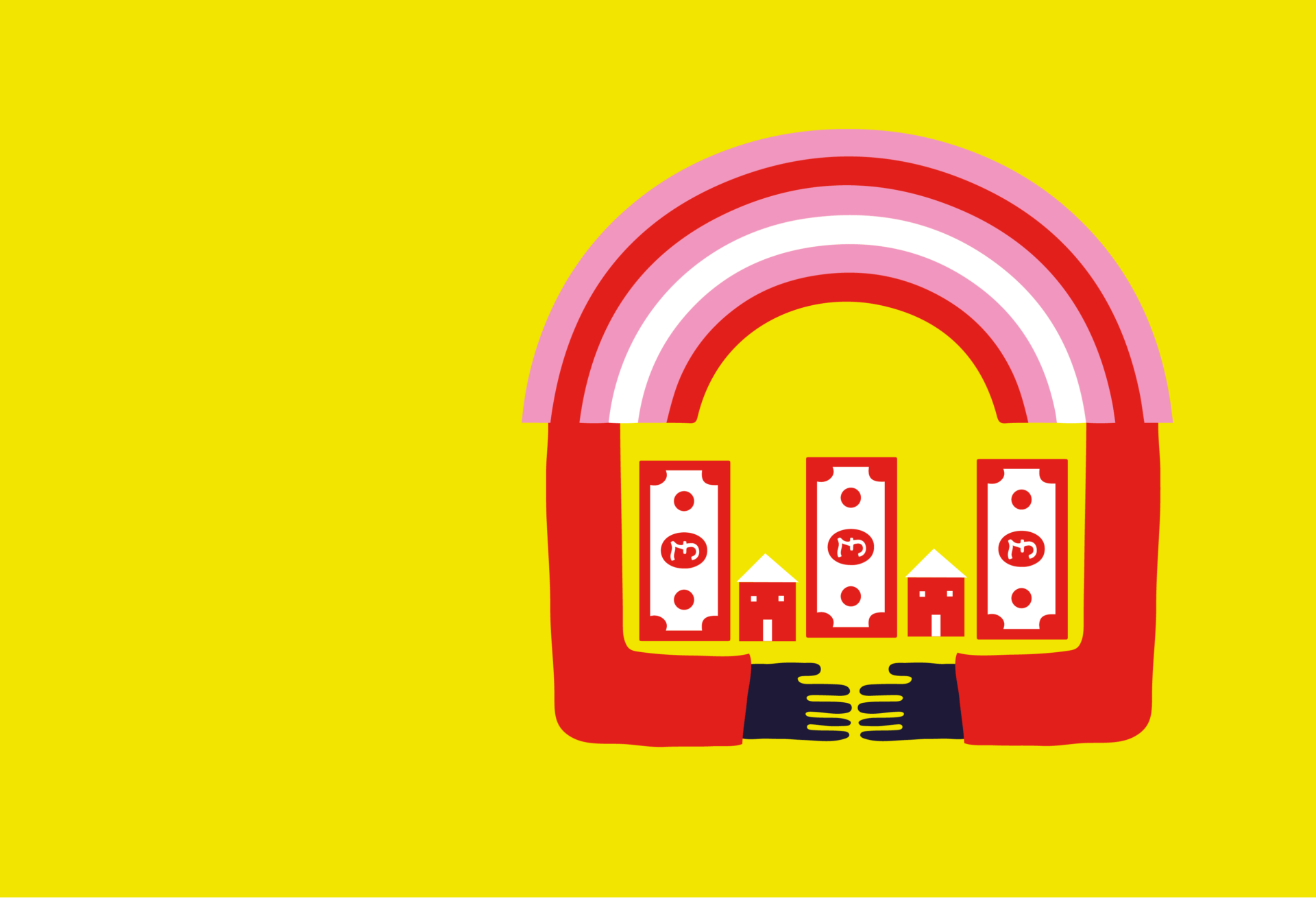More and more I find myself asking the question “Why are we doing what we do and is there a purpose to my work?”
Perhaps it’s the ravages of the last couple of years that have got me looking and questioning more.
If you ask most of my colleagues, they’re likely to point to social justice ideals and to creating conditions for change as our purpose and would refer to equitable approaches to collaboration and participation in how we act and fund. And, in the main they’d be right because we try hard to neutralise the negative power imbalances of the funding dynamic.
Inherently though, there are real tensions, especially as power and control tend to skew relationships and there’s no escaping the fact that our position is that of a funder. So, inside my foundation we tie ourselves in knots asking questions like, are we building collective power and are we acting in solidarity with the people and organisations we work with? How do we square the actions needed to achieve those goals with the ‘north star’ vision we have as a foundation? The two can sometimes collide and inevitably require us to choose what to get behind and what to say no to. These are the anxieties of the work and they often lead to a lot of questioning, self-analysis and soul-searching.
My experience is that you have to get pretty good at walking a tightrope! Here are some of the dilemmas I face every day:
- What’s seen as control and what’s seen as support
How can we find the place or way to communicate the need for legitimate involvement, curiosity, growth, knowledge, questioning, advice etc? Much of the work we do is kickstarter stuff and I’m especially aware of this when I find myself in spaces where I’m the only funder in the room. In such instances it’s like wearing a beacon while also carrying a heavy weight. You’re on display and people either question your presence or want to know how much money is on the table… or, in more extreme cases, see it as an opportunity to express frustration with you and/or what you represent. I have walked away from such encounters bruised and wondering if there were other ways that I could have shown up that would have encouraged different outcomes and/or behaviours.
Then there’s having to deal with imposter syndrome. I cannot lay claim to being part of or belonging to of certain communities, to hold specific knowledge or to having the best connections – we’re often challenged about this. Nonetheless, my job requires an approach and a broad set of skills to find ways to bridge, connect and build trust.
- Trust is an amazing gift but can be a heavy burden.
Working intensely with partners is incredibly rewarding, stimulating and fun. Inevitably, though, I have through shared experiences and actions, built relationships that have led to confidences being shared, and with these come questions and tensions around my role and where my loyalties lie. I’m always having to assess, negotiate and filter what I can and should share, which is exhausting and all the more anxiety-inducing when you work for a ‘learning’ organisation where, as part of the job, there is an expectation to share one’s insights and experiences.
- The conflict of identities and those that are assigned to a funder
I am a village-born-and-bred Caribbean woman with lived experience of being from the ‘colonies’ who came with an old school understanding what it means to be black. In the UK I have had to interrogate my perspective and also work to assert my unique identity. Because of how I look, I am typically assigned a South Asian identity and, because I work for a funder, I am often assumed to be of a particular class and to share the experiences, values etc of the class. These assumptions make invisible the many layers of my identity and have at times made engaging in anti-oppression and intersectional justice work in the UK a complex and challenging experience.
How have I made it work for me?
Some time ago I came across the term ‘funder accomplice’ in relation to social justice. This concept appealed and provided me with the freedom to step more confidently into my role. I am reconciled to the fact that as long as there is a transfer of money in the form of a grant, I will remain a funder. And that’s ok because, I can also inhabit what it takes to be an ‘accomplice’ – for instance, by acting as a collaborative tactician with groups and other funders, by doing the groundwork to build trust and alignment, by providing groundcover when I can and also by showing up for the ones doing the hard work!
